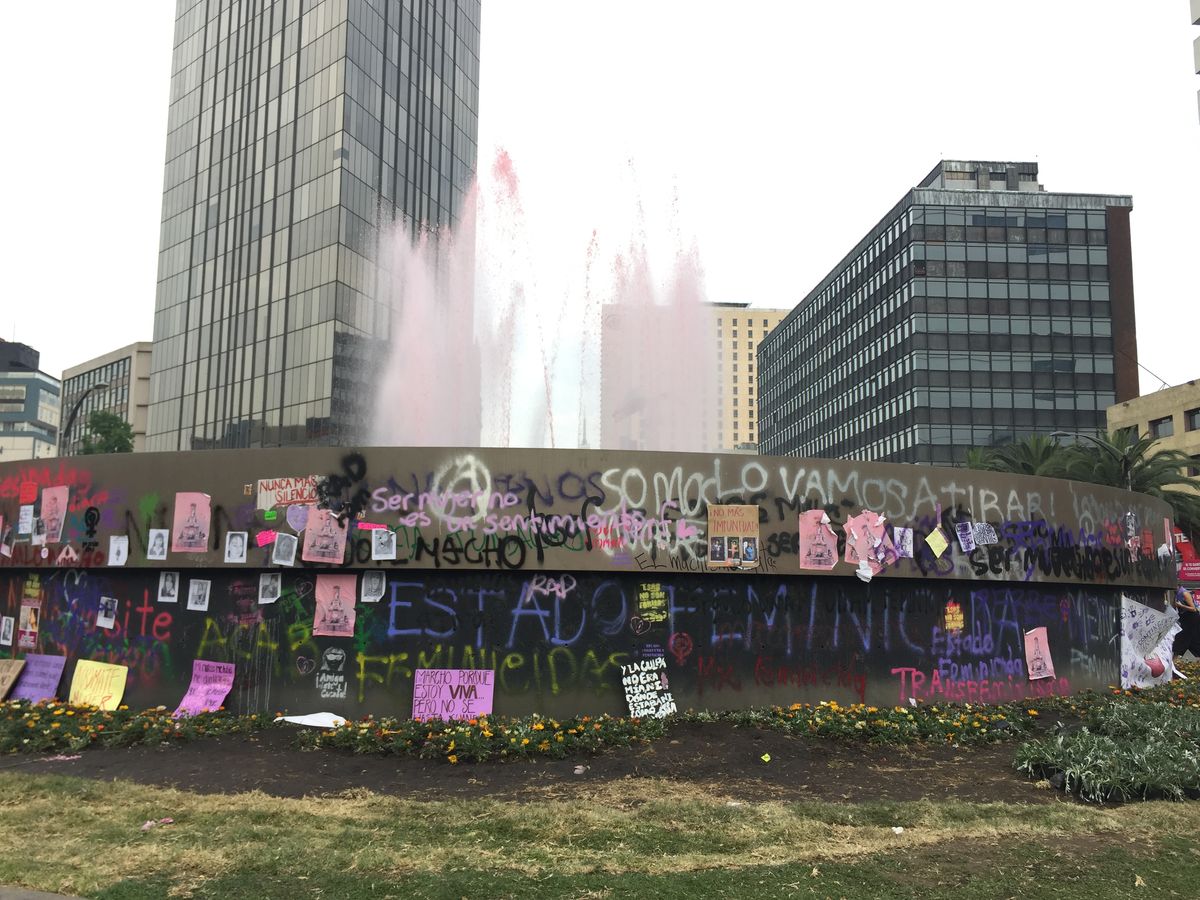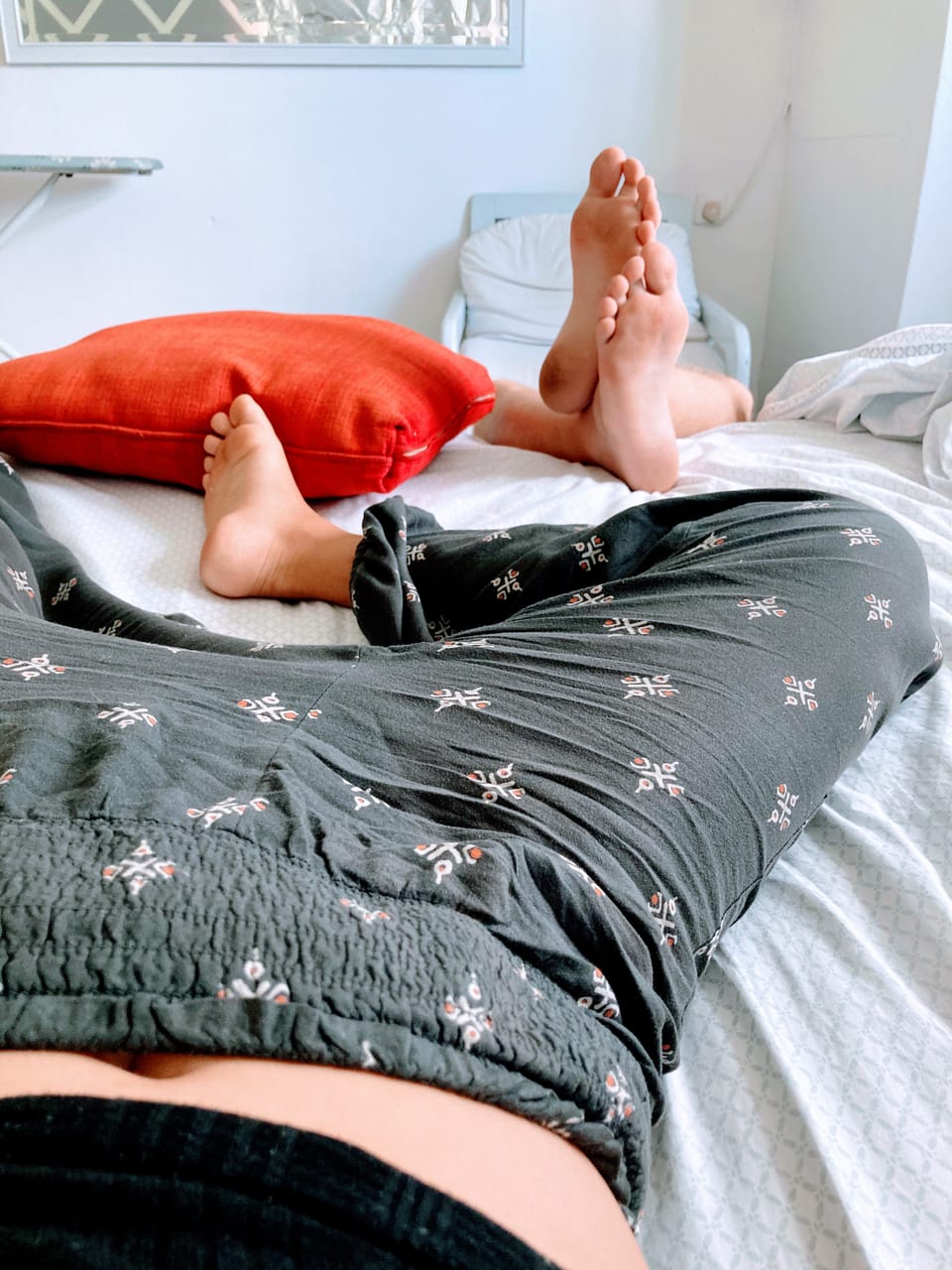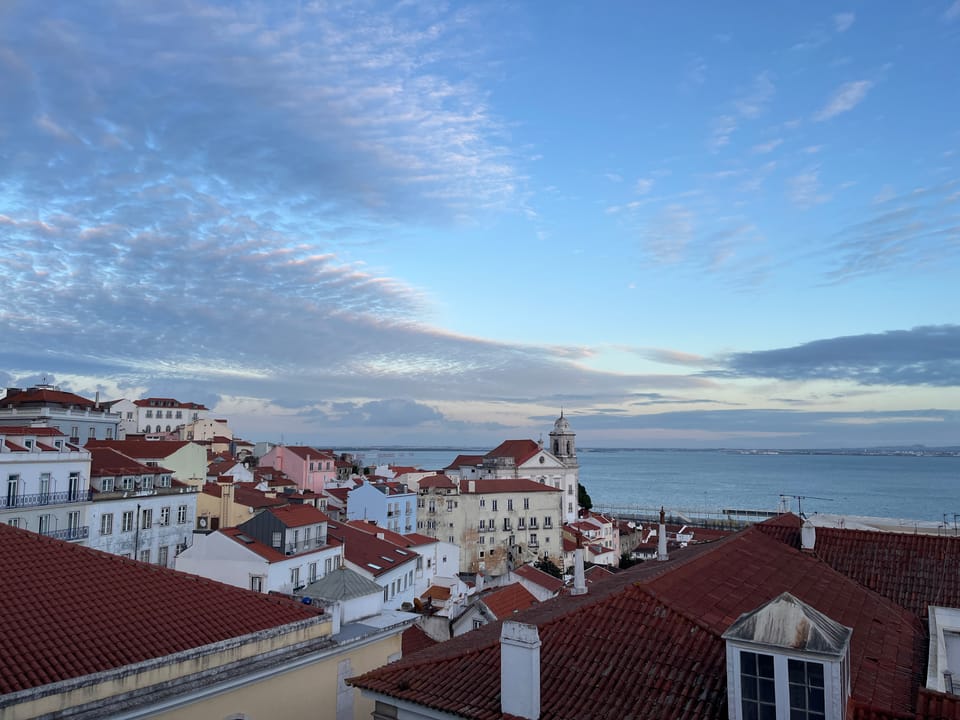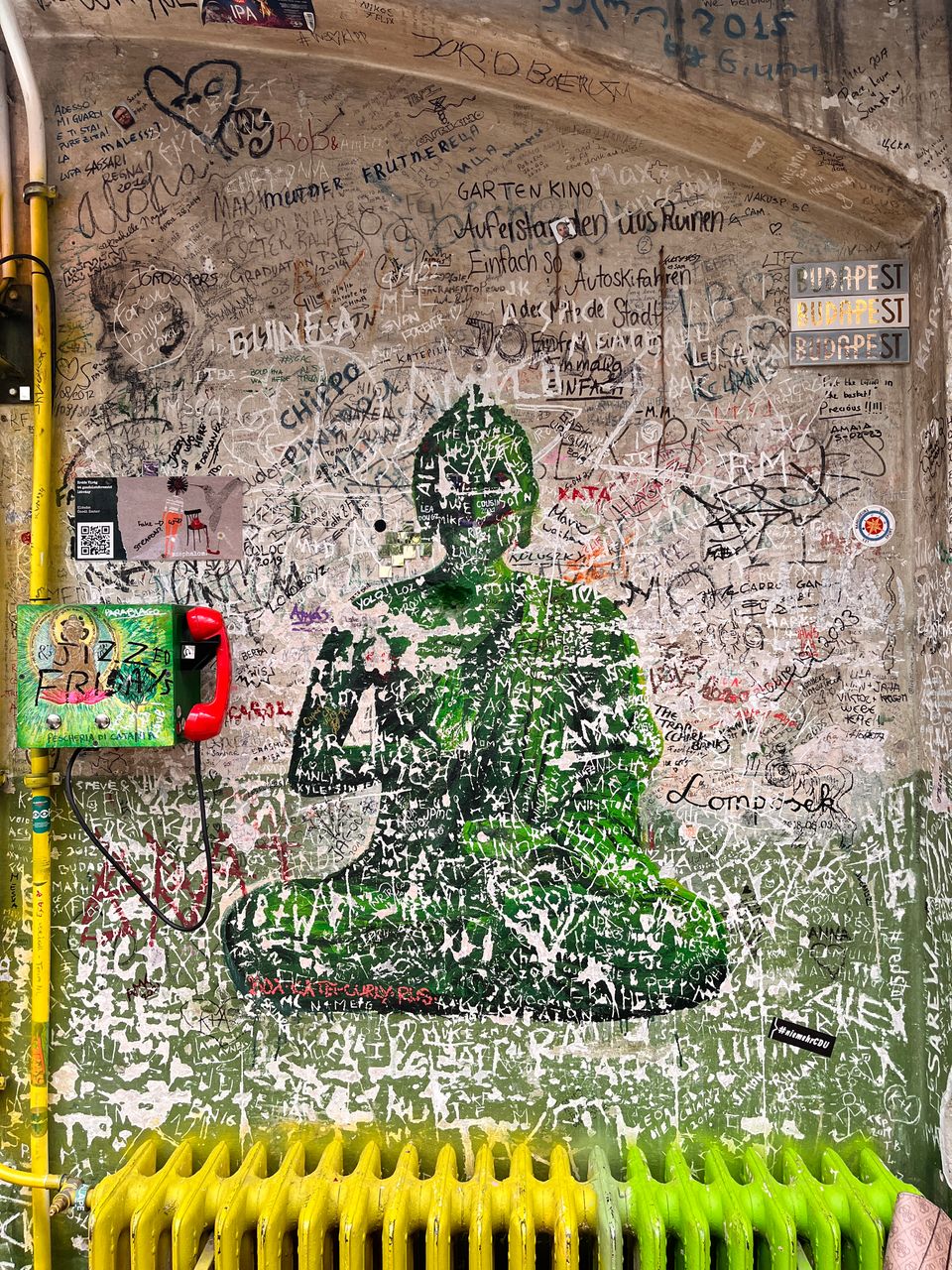Being a woman: a dialogue between my Mexican and Croatian experiences
On International Women's Day, as a Mexican woman in Croatia, I see both differences and similarities. Mexico's violence contrasts with Croatia's safety, but harassment is universal. These challenges emphasize the need for global safety, equality and freedom.

Last 8th of March was women’s day. I have to speak my mind about his date and the implications for me. Let me explain how I experienced it as a Mexican woman living in Croatia.
Being a Mexican woman means looking over your shoulder when you walk in the street because you are unsure if a man might be following you. What could be his intentions? Probably nothing good. According to several sources, i.e., the National Citizen Observatory of Femicides and International Amnesty, every day, around ten women are murdered in the country.
Mexico has the highest rates of femicides in Latin America, a crime sometimes committed for jealousy or hatred but seldom punished. One feminist group suggested an exercise to raise awareness of the problem; you could try it if you want. When you google any woman’s name followed by the word “dead,” you will find many news articles. So many that it becomes overwhelming.
The thing is, there is a broad spectrum of abuses. Another hard-to-swallow piece of data, according to the Mexican government, 9 of 10 women had suffered some sexual assault on public transport in 2019. The solution was to give women trains in the subway and some buses where men are not allowed. Although this is a solution in the short term, we need to focus on learning how to spend time together as women and men, not only separate the public spaces.
In Croatia, I do not look over my shoulder. When someone is walking close to me, I am sure they are just walking their path. I am not afraid. Nevertheless, some of my Croatian and international female friends here have told me about abuses they have experienced. One friend said to me that last year a guy showed her his genitals while she was running, then she got in a car and chased her and flashed her several more times. Another one said that she was walking home alone one night, and a vehicle kept following her. Another story comes from a Columbian woman living for a while in Croatia; her Croatian husband took her violently out of a bar pulling her hair. People interfered, and she received immediate help. Finally, a Mexican living here told me men in the street had catcalled her.
I think that women in Croatia are not free from the gender gap. The problems that Latin American women and Croatian women experience are different, but they are, at the same time, uncannily similar. Women must be able to walk and feel safe; here in Croatia, this is almost a reality here in Croatia. There are some problems still, such as being followed, being shown male genitals, or being catcalled, among others. But to be fair, while in my home country, I feel unsafe, here, I feel safe. The thing is, I cannot just enjoy the privilege. I need this to be for more women in the world.
Most women probably have had experiences similar to those of my Croatian friends or Latin American ones. There may be similar negative experiences in Croatia and in Mexico because womanhood needs some revisitation and redefinition. As women, we need the same rights as men, and we need them to be put into practice. Sometimes the existence of the laws does not mean that the rights are respected. Think, for example, about Mirela Čavajda's situation, remember?
Last International Women’s Day, I received congratulations from people here, and I think we need to keep in mind that women are much more than magic and charm; we are way more than mothers, daughters, sisters, girlfriends, or wives. We are whatever we want to be. And International Women’s Day is not to celebrate but to commemorate. The origin of the date is gloomy, and by giving flowers, we might be oversimplifying the meaning.
The best we can do on this date is to talk and reflect on our privileges and how to share them. What else to do as humans? Be better when we know better, and keep learning. The social differences between genders affect women and men. I recommend you to read Invisible Women by Caroline Criado-Perez. This is a great book to start reflecting on these social differences. If you have already started before, it will undoubtedly give you some food for thought.



